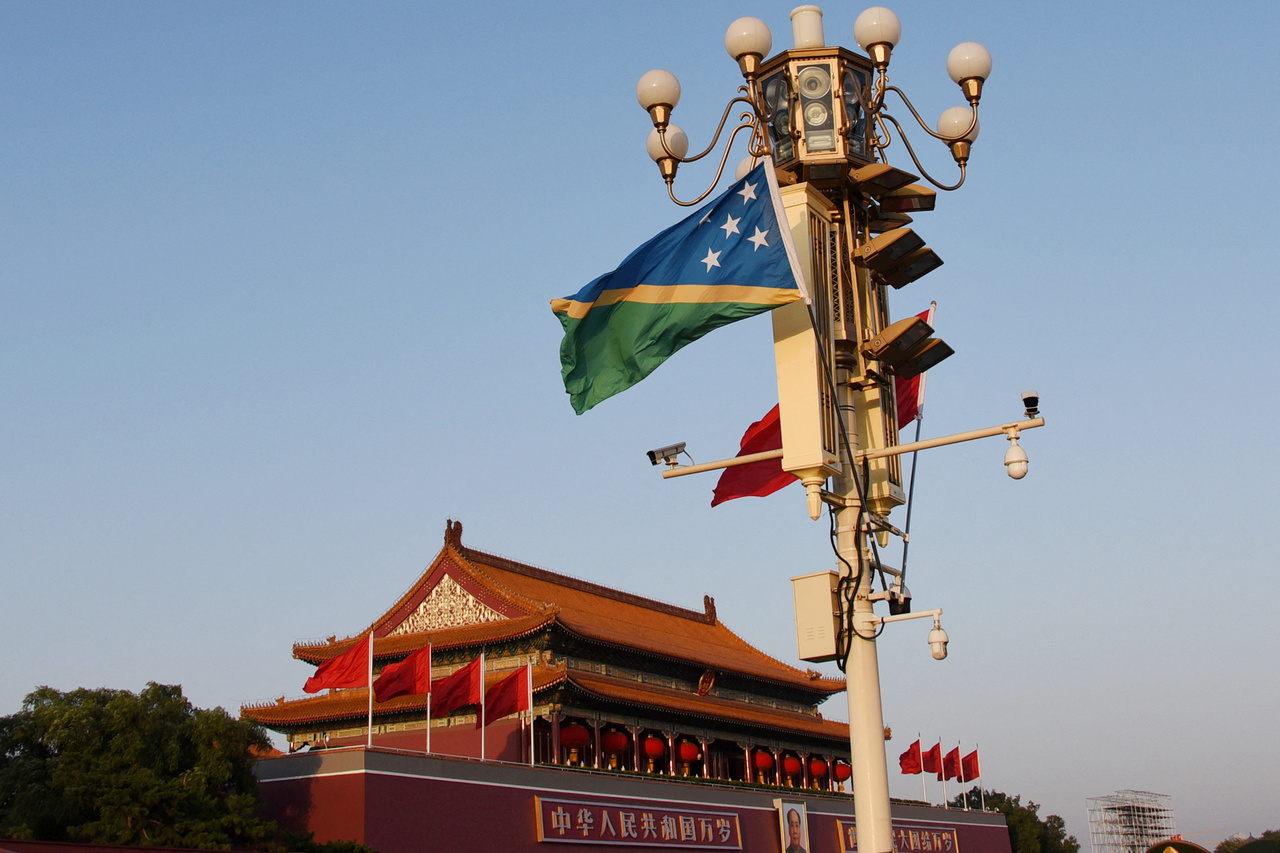Australia's spy chiefs head to Solomons over China security deal
Sign up now: Get insights on Asia's fast-moving developments

The Solomon Islands has in recent weeks strongly defended its sovereign right to an independent foreign policy.
PHOTO: REUTERS
HONIARA (BLOOMBERG) - Australia sent two of its most senior intelligence officials to the Solomon Islands to discuss mounting concerns about the nearby Pacific nation agreeing a controversial new security pact with China.
Solomons Prime Minister Manasseh Sogavare sought to reassure Australia that it remained its "partner of choice" in a statement posted on his government's website, adding that the country would uphold its foreign policy of "friends to all and enemies to none".
The statement included a picture of Mr Sogavare with Mr Paul Symon, head of the Australian Secret Intelligence Service, and Mr Andrew Shearer, director-general of the Office of National Intelligence.
Australia's Department of Foreign Affairs and Trade confirmed the visit at a senate hearing in Canberra on Thursday (April 7).
Australia and New Zealand have publicly expressed their concern over drafts of a security agreement between China and the Solomon Islands revealed in late March, which could give Chinese naval vessels a safe harbour approximately 2,000 kilometres from the Australian mainland.
The Solomon Islands has in recent weeks strongly defended its sovereign right to an independent foreign policy.
However, Mr Sogavare said on April 1 that the security pact would not invite Beijing to set up a military base there. Furthermore, while the agreement with China has been initialled by ministers in both governments, the Pacific nation still hasn't said that it's been signed.
Australia and its security partner the US have long been concerned about the possibility of a Chinese military base in the Pacific, which would allow Beijing's military to operate in closer proximity to both countries.
In its statement on Thursday, the Solomon Islands government said the meeting with the Australian envoy had allowed both countries to understand each other better on the China deal, which it said was purely "domestically focused".


